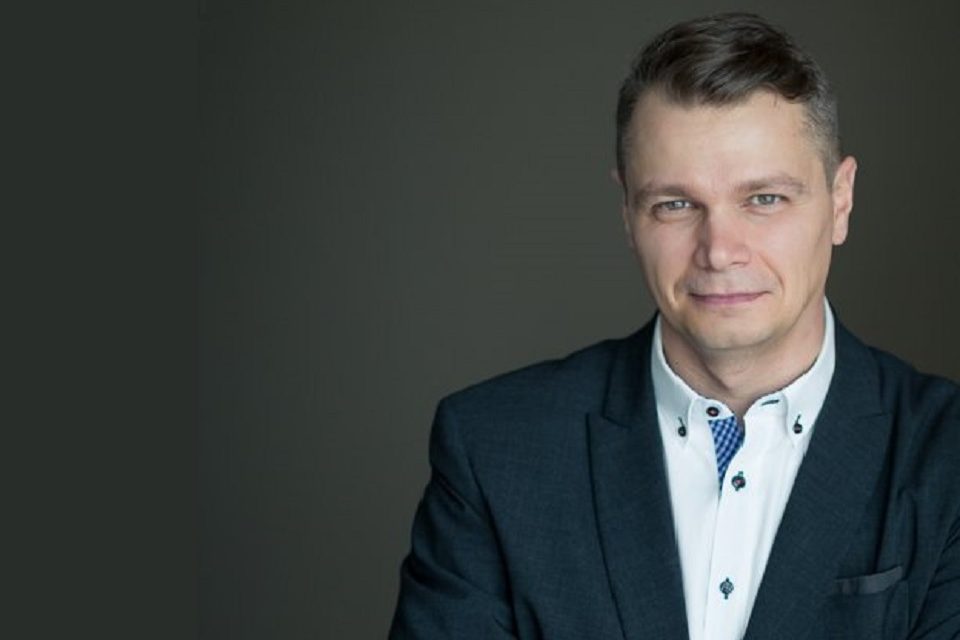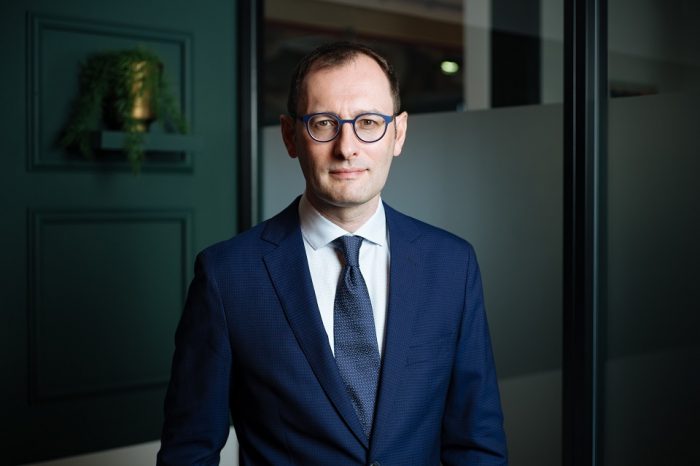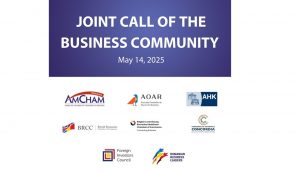ING Tech Romania reaches the 1000 employees’ milestone after having recruited 200 IT specialists in 2020

The ING group’s software development center ING Tech Romania has reached 1,000 employees and plans to continue hiring in the coming months. Starting from 100 employees in 2015, ING Tech Romania has grown steadily with an average of 150-200 specialists each year.
ING Tech Romania is involved in the development of the strategic areas of the ING group: core banking, digital channels, banking products and data management. The global hub contributes to the group’s digitalization strategy by developing complete IT services: from analyzing customer behavior, promoting new processes or products, to developing and operating applications critical to the group’s business.
“Since 2015, we have consolidated our position as a global technology hub, both within the ING group and on the local market. We focus on developing end-to-end digital services that can be adapted and used in all countries where ING is present. Increasing the number of employees to 1000 is an important step that allows us to make a greater contribution to the creation of a global digital platform within ING “, says Marian Ion, CEO of ING Tech Romania.
In the context of the global pandemic and the onset of the state of emergency in Romania, from the spring of this year until today the company has continued to develop, employing approximately 200 IT specialists and taking over new projects and services within the ING group.
“All this context highlighted the importance that the health of the internal culture, the degree of business stability and the quality of the relationship with employees have in times of crisis. During this year not only did we change the way we work, but we managed to go through a delicate period together. I am very grateful for the responsible way in which all 1000 colleagues made this transition. We will continue to work remotely at least until the end of 2020, and will gradually reassess the situation in accordance with local regulations. We are currently working on defining a new way of working for the coming years and we intend to increase as much as possible the degree of flexibility for employees and the available work options “, added Marian Ion.
Adapting to this year’s conditions also meant moving all the company’s processes online, including the recruitment area, the integration of new employees, training, etc. All ING Tech Romania employees have been working from home since March, and globally, ING exceeded 80% of remote employees in the summer of this year.
Currently, ING Tech is developing projects for 24 entities of the ING group, offering over 121 services. Among the areas in which the company aims to grow in the coming years are: Core Banking, Data Management, Digital platforms and channels and banking products. A new line of business that the company is developing in Romania is that of services dedicated to the Compliance and Operational and IT Risk Management functions.
In the area of core banking, one of the most active business areas during this year due to the need to adapt to new economic conditions (eg postponement of installments) and changing customer behavior, ING Tech collaborates with branches in 7 European countries and recently began developing projects that support ING’s presence in Asia (Philippines). Also this year, the Core Banking team developed, in collaboration with ING Germany and Amazon, an impact project through which ING Germany offers eligible customers 100% online loans, directly through the Amazon platform.
In the area of digital platforms and channels, in the last year the teams have dealt with the technical implementation of the PSD2 initiative at global level and the development of the small and medium-sized companies segment for ING entities in Western Europe. The Data Management area has grown in 3 years to 250 specialists, with complex projects of data extraction, filtering and improvement, automation of processing platforms and development of analysis and reporting tools.
The company’s turnover boosted from 8 million euros in 2015, to 53 million euros in 2019.













